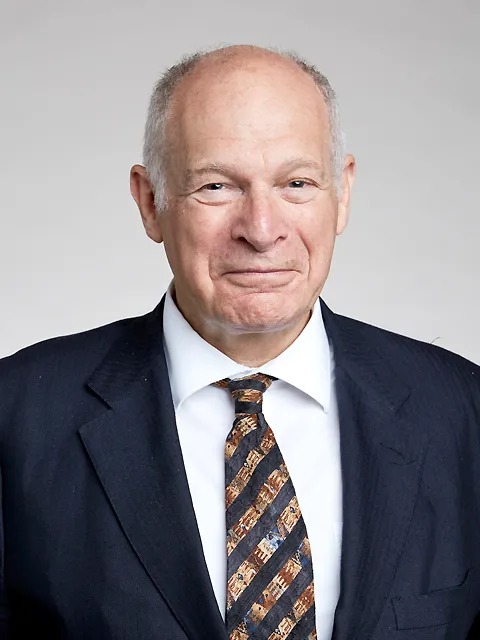A magistrate judge ordered a legal journalist on June 20, 2024, not to publish the name of a plaintiff that had mistakenly appeared on court documents in a revenge porn case. The ruling was overturned a month later.
Eugene Volokh — co-founder of the legal blog The Volokh Conspiracy, a law professor emeritus at the University of California, Los Angeles, and a senior fellow at the Hoover Institution at Stanford University — was singled out in the ruling by Magistrate Judge Elizabeth S. Chestney as the only person who was barred from using the plaintiff’s name.
The case, initially filed in 2019, involves a woman who ended an extramarital affair with a man, who she said then posted revenge porn to several adult websites. The case was sealed to protect her privacy. She and the defendant later settled, but the question of whether the case was improperly sealed remained.
Volokh told the U.S. Press Freedom Tracker that he initially noticed the case in an alert from Westlaw, a database of legal documents, and thought it raised First Amendment questions that he might want to write about, given his expertise as a free speech scholar.
Even though the case was sealed, the names of both the plaintiff and defendant were published in an opinion available on Westlaw, along with other documents that should have been sealed under the judge’s order. It’s not clear exactly why they were published, but Volokh said it appeared to be an error.
“It was just a simple mistake,” he told the Tracker.
Volokh moved to intervene in the case and have it unsealed. Chestney, the magistrate judge, agreed on July 18, 2022, to let him intervene but ruled that Volokh could not write about the case until a decision was made on unsealing the case.
“Professor Volokh may not blog or write about this case until any renewed motion to unseal has been granted,” the ruling ordered.
Volokh appealed the case to District Judge Xavier Rodriguez, who on Aug. 3, 2022, vacated the prior restraint language and said the entire case should be unsealed. Volokh then published the plaintiff’s name in a blog post in August 2022 since, he said, it was also the name of the case.
The plaintiff appealed the unsealing of the case to the 5th U.S. Circuit Court of Appeals, which ruled that it should be partially sealed with certain personal information redacted.
The case then returned to Chestney to determine what exactly should be redacted and whether the plaintiff could retroactively use a pseudonym, Jane Doe.
In her June 20, 2024, ruling, Chestney ruled in favor of the retroactive pseudonym.
“And then to my surprise, she says that even though I don't have to take down past writings that mention the plaintiff’s name, I cannot use her name in future writings,” Volokh told the Tracker.
The ruling stated: “Professor Volokh may not, however, publicly disclose Plaintiff’s name or personal identifying information in any future writings, speeches, or other public discourse.”
Volokh again appealed and on July 16 Rodriguez vacated that prior restraint language.
“The order restricts Volokh from sharing information that is publicly available through his prior writings but allows for any of Volokh’s readers to share that same information,” Rodriguez wrote. “As such, the language at issue here is an unconstitutional prior restraint.”
Volokh detailed the ruling in a post on The Volokh Conspiracy.
The plaintiff could still appeal the ruling to the 5th Circuit.
Volokh said he was deciding whether to go back to his August 2022 article and redact the name.
But whether he uses her name in future articles, he added, should be a matter of editorial discretion, not a judge’s ruling.
“I think it’s important that this be a decision for the individual journalist, the individual speaker, and not something that they’re ordered to do,” Volokh told the Tracker.
Volokh said he sees this case as an example of the system working. But he noted that he was uniquely positioned to fight these instances of prior restraint.
“I should also acknowledge that maybe if I weren’t a law professor, if I weren’t a specialist on the subject, if I had to pay a lawyer to challenge the prior restraints, maybe the situation might not have come out as well,” he told the Tracker.



